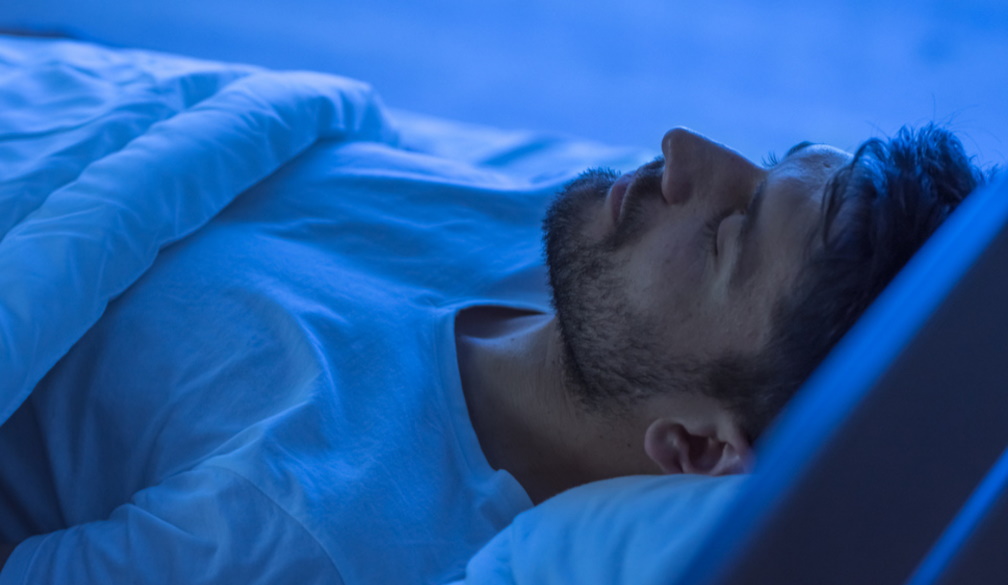5 Tips on How to Wake Up Feeling Refreshed with FS8 Senior Athletics Programmer, Georgie Hallett

It seems we’ve hit that bittersweet phase of the year where the sun-soaked, languid days of the summer holidays have come to their inevitable end. Although we’re back into the all-too familiar nine-to-five office grind, there’s far too much to grin about as our social calendars are looking brighter than ever before. With restrictions on the out and reunions in a surplus, 2022 is shaping up to be the year we never had. In saying this, as we find our feet again after two years we’d rather not delve into, it’s vital that we take a moment to look after ourselves and get our priorities in line. That means, if our body is telling us we need a good night’s rest, it’s time to listen to the captain and obey orders.
So before we get inundated with dinner outings, last-minute camping trips and beers at the pub #IRL, let’s channel our newfound energy and start making healthy choices for our mind and body. We all deserve to have a year to remember, so don’t let those bags under your eyes be your downfall. FS8 Senior Athletics Programmer, Georgie Hallett, shares her top five tips on how to catch more than just forty winks.
Stick to a routine
Create the time to wind down before going to bed to help the body prepare for rest. Whether it’s pouring yourself a cup of tea, indulging in a hot shower or diving headfirst into the latest true-crime novel, let your body know it’s time to hit the snooze button.
Depending on your preferred method, meditating when you wake up or before you go to bed can significantly enhance relaxation and set you up with the right mindset for the day. Meditation is an ideal wellness practice to reduce stress and acknowledge your thoughts before disconnecting from them and orienting yourself to the present. Meditation can be enjoyed through a video or audio guided session, or simply on your own in a quiet, peaceful space.
Having a consistent sleep schedule allows your body clock to regulate itself, making it easier to go to bed at night, and spring out of bed in the morning when that dreaded alarm sounds.
Treat your bed as an offline zone
We already spend far too many hours mindlessly scrolling through our likes on Instagram or obsessively replying to work emails, so it’s vital to create a screen-free space for rest. Once you hit the sheets, try to keep your phone and laptop away from your bed so that you aren’t tempted to check them later in the night.
Georgie suggests that due to the blue light on your phone, screen time decreases melatonin and tells your brain to stay awake for longer, making it more difficult to fall asleep at the desired time.
Enjoy a lighter dinner
While it’s perfectly okay to indulge in a large, food coma-inducing bowl of pasta every now and again, a sleep-supporting dinner should be rich in nutrients, lean, balanced and moderately portioned. Big meals can be harder to digest and therefore, your body uses its energy on this rather than on helping you fall asleep. Low GI carbohydrates, such as whole grains or beans are better choices given their gradual release of sugars.
It may also be a good idea to limit your booze to weekends, as although alcohol can initially make you feel sleepy, the effects eventually wear off and can leave you feeling sleep deprived and dehydrated upon waking.
Keep your room cool and dark
Sleeping in a dark room with minimal light entering from outside reduces the stimulation of light telling your body to be active. In the morning, let in as much light as possible in order to allow your body to wake up naturally and to combat any drowsiness.
It’s been shown that colder rooms help you fall asleep faster and maintain a deeper sleep, and who doesn’t love snuggling up with a comfy doona and blanket? During the harsh hot summers, keep the window open just before bed to allow for air flow in your bedroom. In winter, try to refrain from having the heater blasting directly into your room and trial heating the common areas of your home instead.
Caffeine intake
For all the coffee addicts out there, caffeine has a long life of 5–6 hours where it remains active in your body. If you have your afternoon coffee at 4pm, there is still half the amount of caffeine running wild in your system at 9–10pm. Reduce your caffeine after lunch to help prevent the effects of caffeine-induced sleep delay by swapping it for herbal tea or lemon water.
If sleep continues to be a consistent challenge, talk to a health professional to discuss other options to suit your schedule and personal needs.





